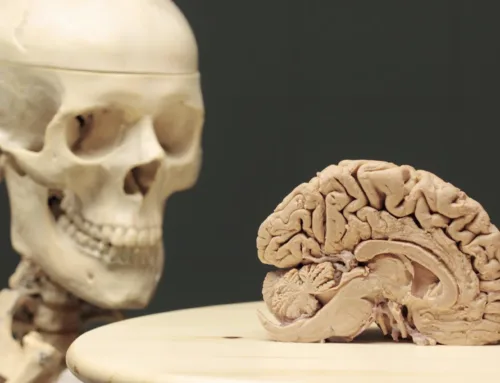Coping With A Chronic Condition
Lasting three months or longer, a chronic condition affects half of all adults in the U.S and most have more than one condition.1
Pain, fatigue, and a wide range of other symptoms…medication management…. multiple doctor appointments…. uncertainty about the future…. A chronic condition can really take a toll, and even change how you see yourself.2 If you have a chronic condition, learn what you can do to regain a sense of control over your life, so you can live it to the fullest.
1). Find ways to decrease your stress levels:
- Listen to relaxing music.
- Take a walk in nature.
- Call a friend.
- Sign up for an art class.
- Try meditation.
- Sit quietly in a garden. Take in the beauty of the flowers, birds, and bees.
2). Go easy on yourself. Are you feeling overwhelmed? Do you find yourself more sad, angry, or fearful than in the past? Feelings like these are common with a chronic illness. Managing a chronic illness may take a lot of energy, focus, and time. And you may face new limits on what you can do or be really worried about your future or that of your family.
Give yourself time to adjust to a new diagnosis and lifestyle. Set realistic goals and let go of activities you don’t need to do. At the same time, know that facing your diagnosis head on is better than pretending it never happened.3
3). Watch for signs of depression. Temporary sadness is expected. But if symptoms like these last more than a couple of weeks, you may have depression and need professional help:
- Feeling worthless, hopeless, guilty, or empty
- Not enjoying activities you did in the past
- Having trouble focusing, remembering details, or making decisions
- Trouble sleeping or sleeping more than usual
- Thoughts of death or suicide4
4). Seek support. You don’t have to do this alone. Even if it’s hard for you to get out and about, there are still resources you can take advantage of.
- Find health care providers who are knowledgeable about your condition and also empathetic!
- See a therapist, especially if you may be depressed. Research suggests that depression combined with a chronic illness can magnify the symptoms of both illnesses. So, treatment is more important than ever.4
- Find support and information online or in your community. Places to start are the library, social networks, national organizations, and local hospitals. You may be able to connect with others online who have the same condition as you. This may be especially helpful when you feel too ill to go out.2
Nothing herein constitutes medical advice, diagnosis or treatment, or is a substitute for professional advice. You should always seek the advice of your physician or other medical professional if you have questions or concerns about a medical condition.
Sources:
- National Health Council: “About Chronic Diseases.” Available at: http://www.nationalhealthcouncil.org/sites/default/files/AboutChronicDisease.pdf Last accessed: November 1, 2020.
- MedlinePlus: “Living with a chronic illness—dealing with feelings.” Available at: https://medlineplus.gov/ency/patientinstructions/000601.htm Last accessed: November 1, 2020.
- American Psychological Association: “Coping with a diagnosis of a chronic illness.” Available at: http://www.apa.org/helpcenter/chronic-illness.aspx Last accessed: November 1, 2020.
- National Institute of Mental Health: “Chronic Illness & Mental Health.” Available at: https://www.nimh.nih.gov/health/publications/chronic-illness-mental-health/index.shtml Last accessed: November 1, 2020
Reposted from healthmart.com









